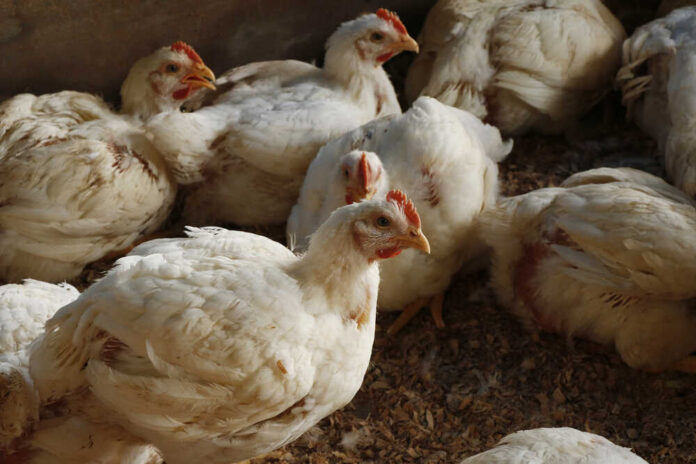
There are concerns that bird flu might spread across Australia’s poultry sector, leading to a shortage of eggs for customers. A fourth farm has been affected by the disease, and researchers and scientists are keeping a close watch.
On Wednesday, in the southwest region of Victoria, a site near Lethbridge tested positive for the highly dangerous H7N3 strain of avian influenza.
A climate-controlled shed housing about 120,000 hens is believed to have been the vector for the virus’s propagation.
The most recent occurrence of the sickness occurred over the weekend when 80,000 free-range hens at Farm Pride Foods, a site just 900 meters distant from the most recent case, contracted the virus.
The farm is situated within a pre-existing 5-kilometer exclusion zone that was established following the May detection of the virus at a neighboring property.
Two farms in western Victoria, Meredith and Terang, discovered the disease earlier last month; in an effort to control its spread, over half a million birds were killed.
Poultry can experience severe symptoms or even death from avian influenza, a highly contagious illness affecting birds.
The quarantine of all four sites was announced Monday by Agriculture Victoria.
They will dispose of all poultry safely. According to protocol, the locations will be disinfected and free of infectious material.
Poultry and poultry products are subject to transportation restrictions in Meredith, Lethbridge, and Terang.
According to the agency, staff from Agriculture Victoria are collaborating with impacted businesses to control and eliminate the illness.
The virus has recently broken out in the Golden Plains Shire, a central district in northern Victoria known for its chicken farming.
Around two million chickens for meat are kept on farms in the region, with over 1.5 million hens in various types of housing, including free-range, barn, and caged.
On Tuesday, Farm Pride Foods informed the Australian Securities Exchange that the incident affected about 8% of its overall production output.
Health professionals have stated that the H7N3 variation of avian influenza does not pose a significant hazard to human health. Still, there are worries that the virus could leap people.














